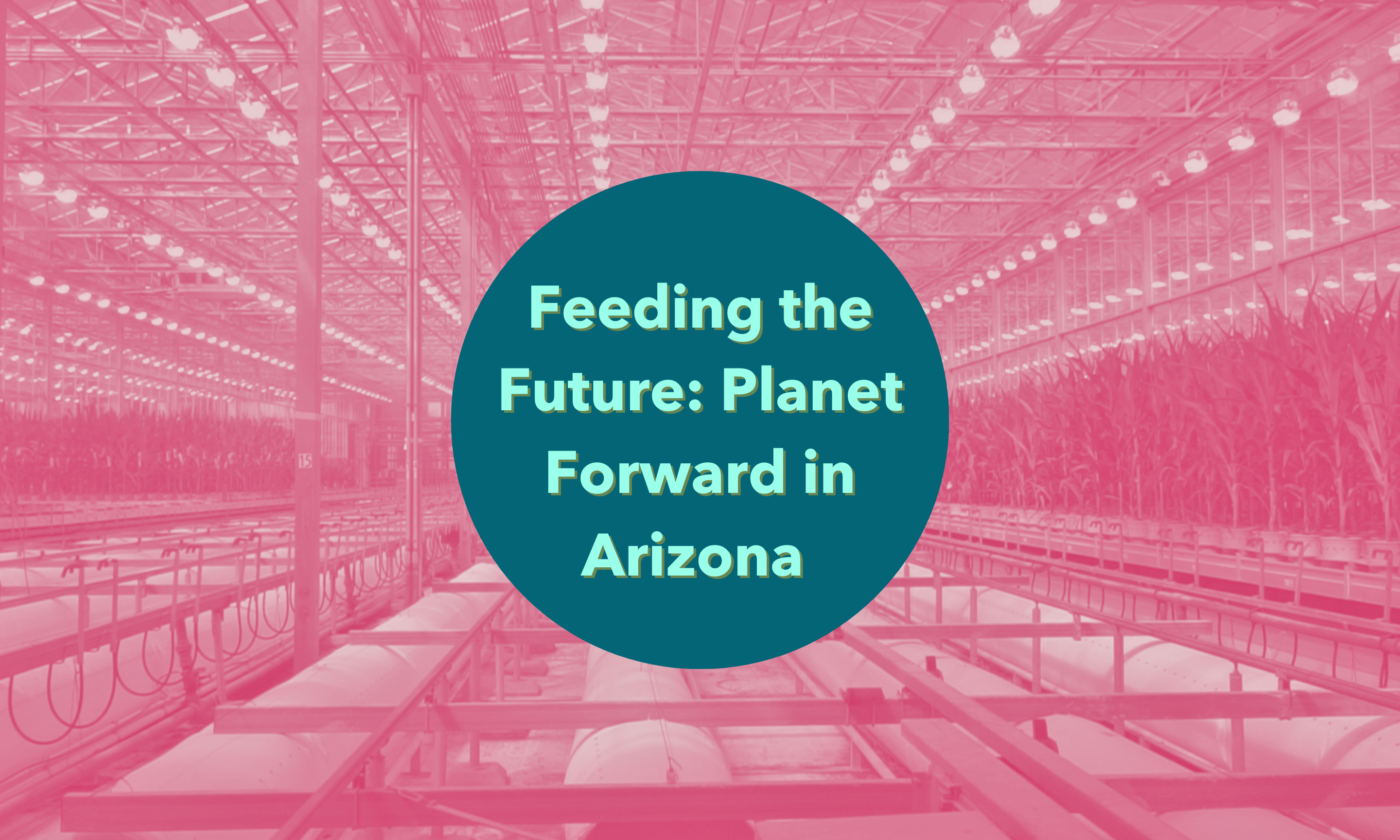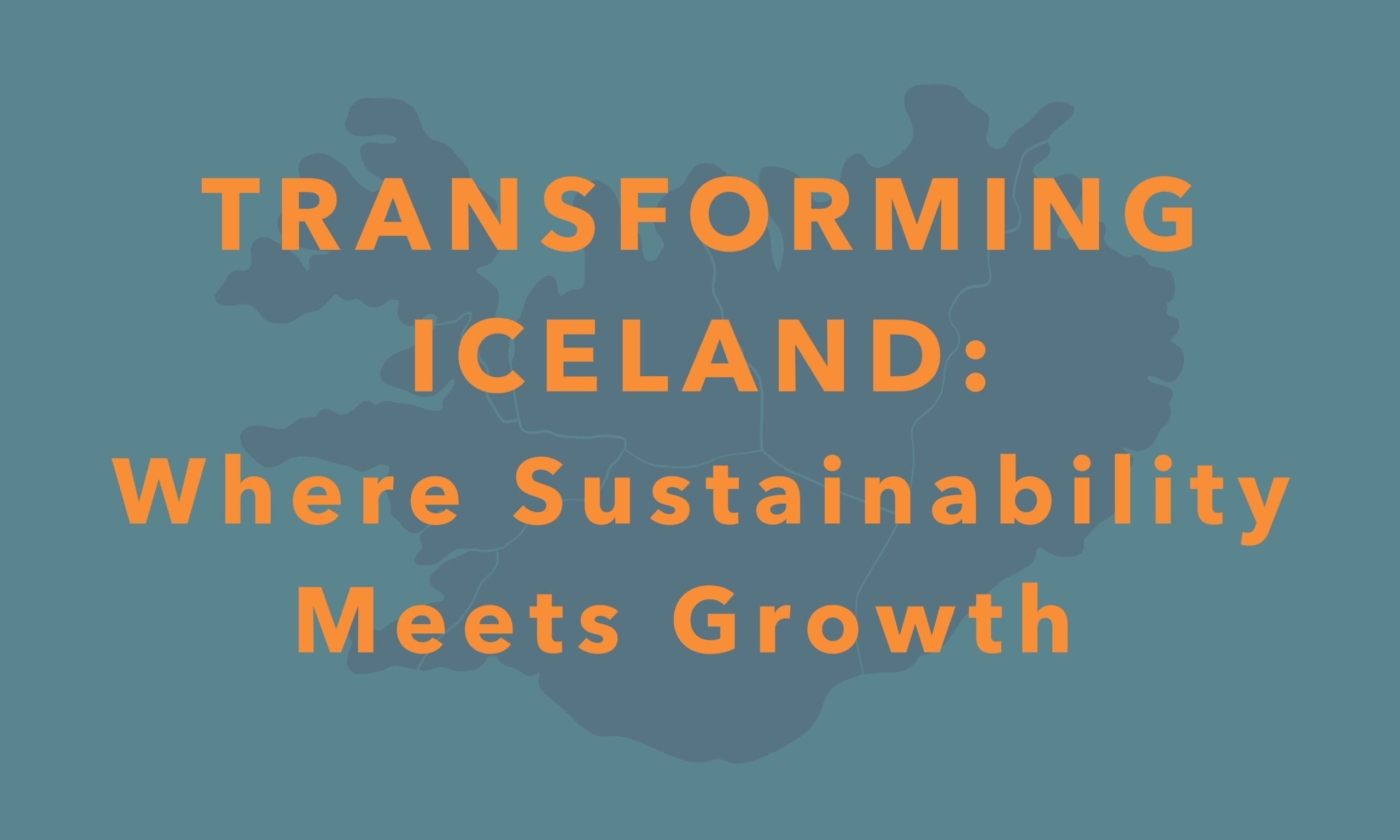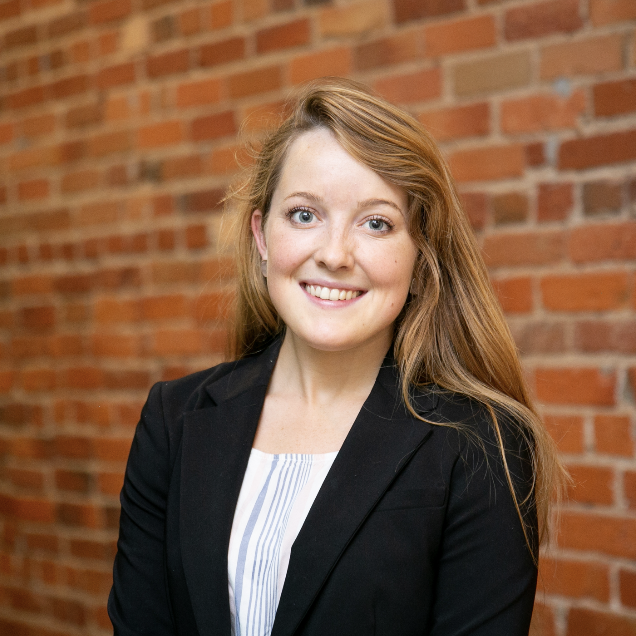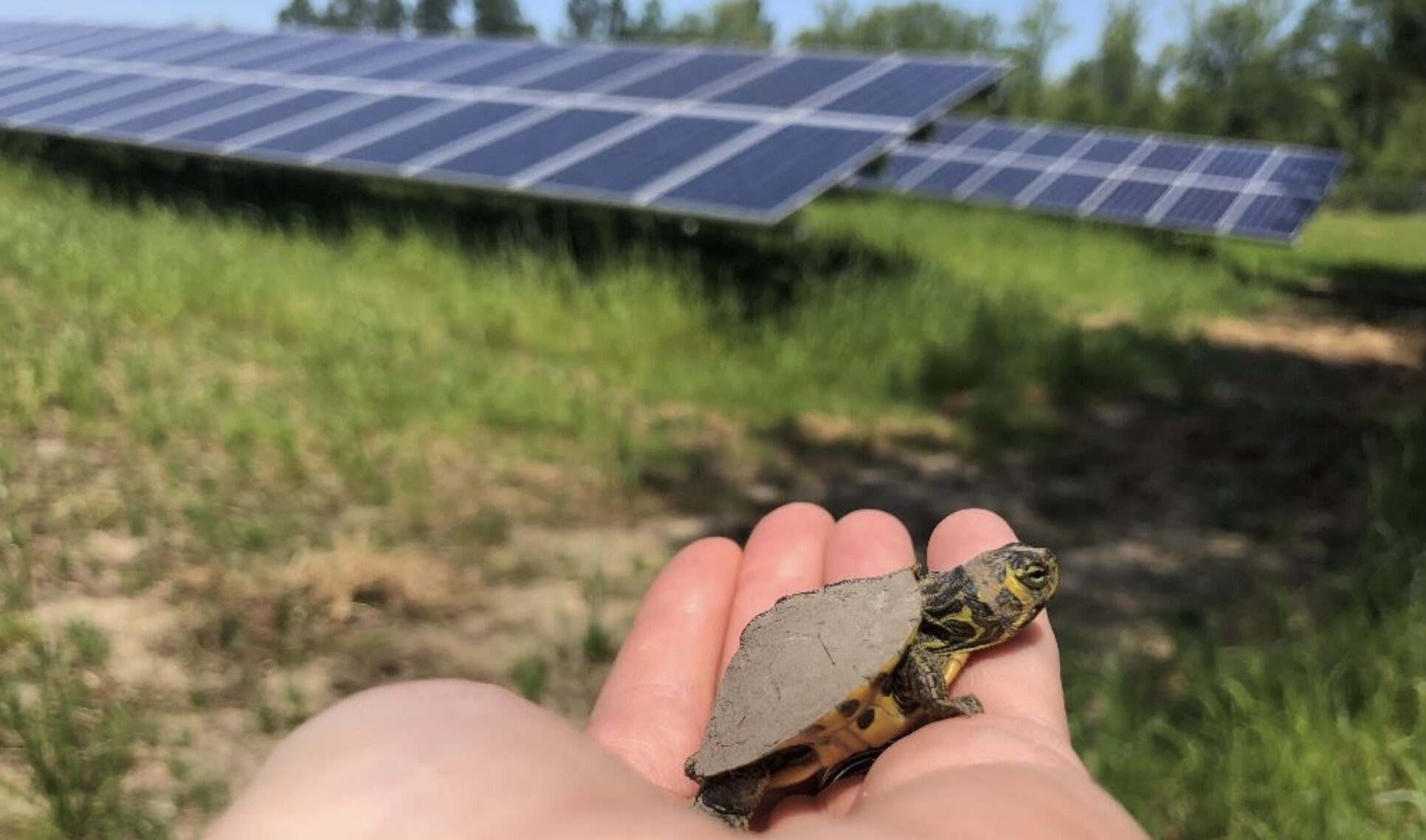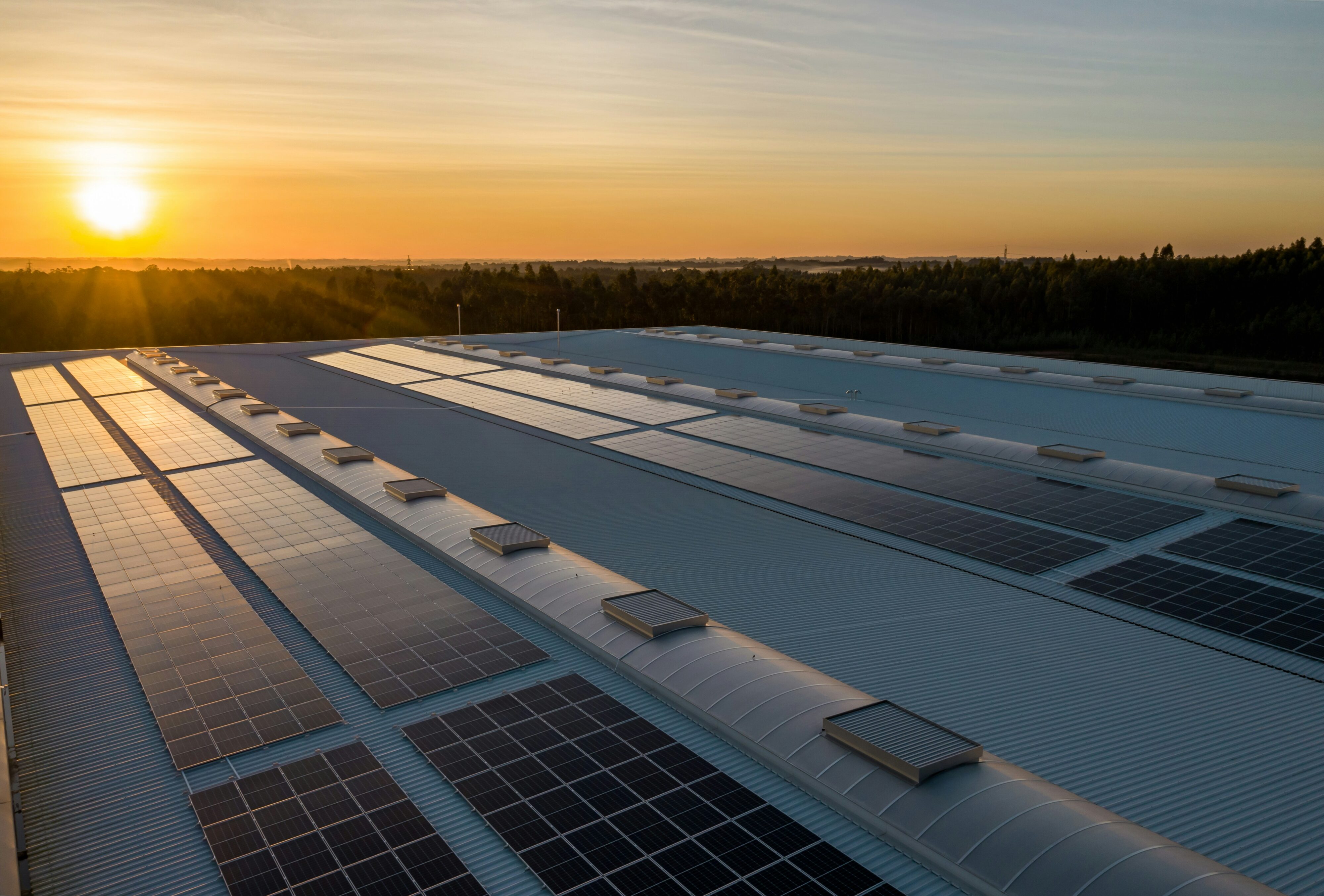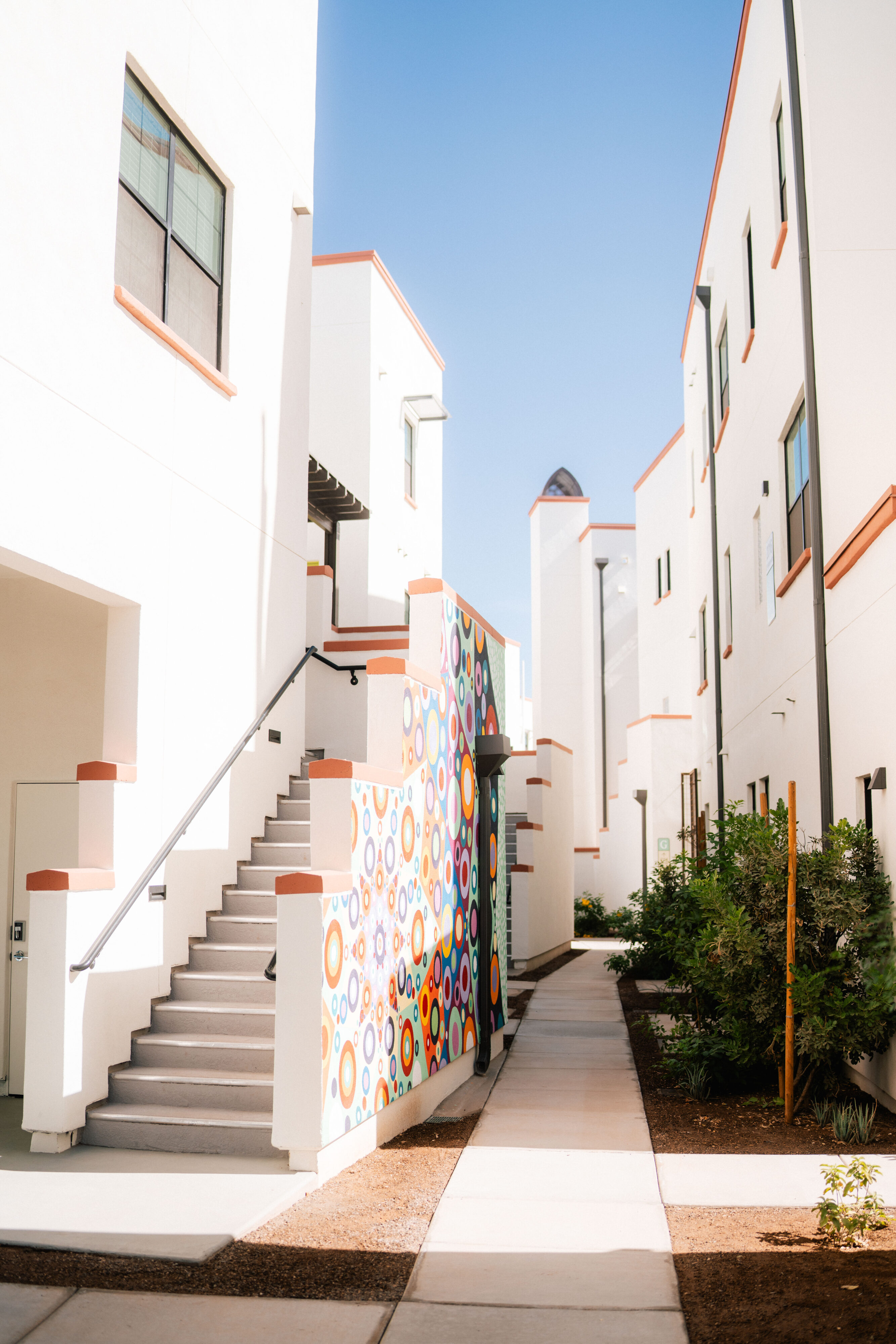E-cube: A Spacious Change of Pace
Young architects have to focus on the needs of today. Thats why team belgium designed the E-cube: an affordable, flexible and spacious zero energy house.
1. To reduce labour cost and our ecological footprint the building proces of the E-cube is based on ‘people energy’. The E-cube is designed as a do it yourself building kit, and no heavy machines or special tools our needed to construct the house. To prove the feasibility of this we shiped our flat packed building kit in only 3 containers to the solar decathlon site in Washington D.C. and we constructed our house from scratch in only 3 days with the energy of 30 students.
2. Because of the modular building kit principle the E-cube is very flexible. Wall panels can be switched for windows or doors, because they all have the same dimensions. The very flexible structure, made out of a standard pallet rack system that you also can find in warehouses, allowes people to expand their house in time as they get more children or want some more luxury. The different rooms are stacked like boxes in this structure; and can be added or removed as the live of the inhabitors of the E-cube takes a different turn. The prototype E-cube demonstrates a building principle, but every owner could create his own favorite composition.
3. The E-cube is the only two storey house in the competition. The box in a box principle creates a lot of open space and interesting views and relations.
4. The E-cube is very energy efficient. It’s architecture focuses on reducing energy loses in stead of energy production. That’s why the E-cube is a cube, the most compact form of all. According to the passive house principle we focused on air tightness, good insulation and well thought through building details. SIP (structurally insulated panels) with PIR insulation and tripple glazzed aluminium profiles help to reduce our energy losses. 33 PV panels and 2 thermal solar panels on our flat roof provide the E-cube with green energy.
Looking to keep track of the E-Cube?
For access to the entire archive of Team Belgium’s Solar Decathlon 2011 videos: Visit the Member Page







